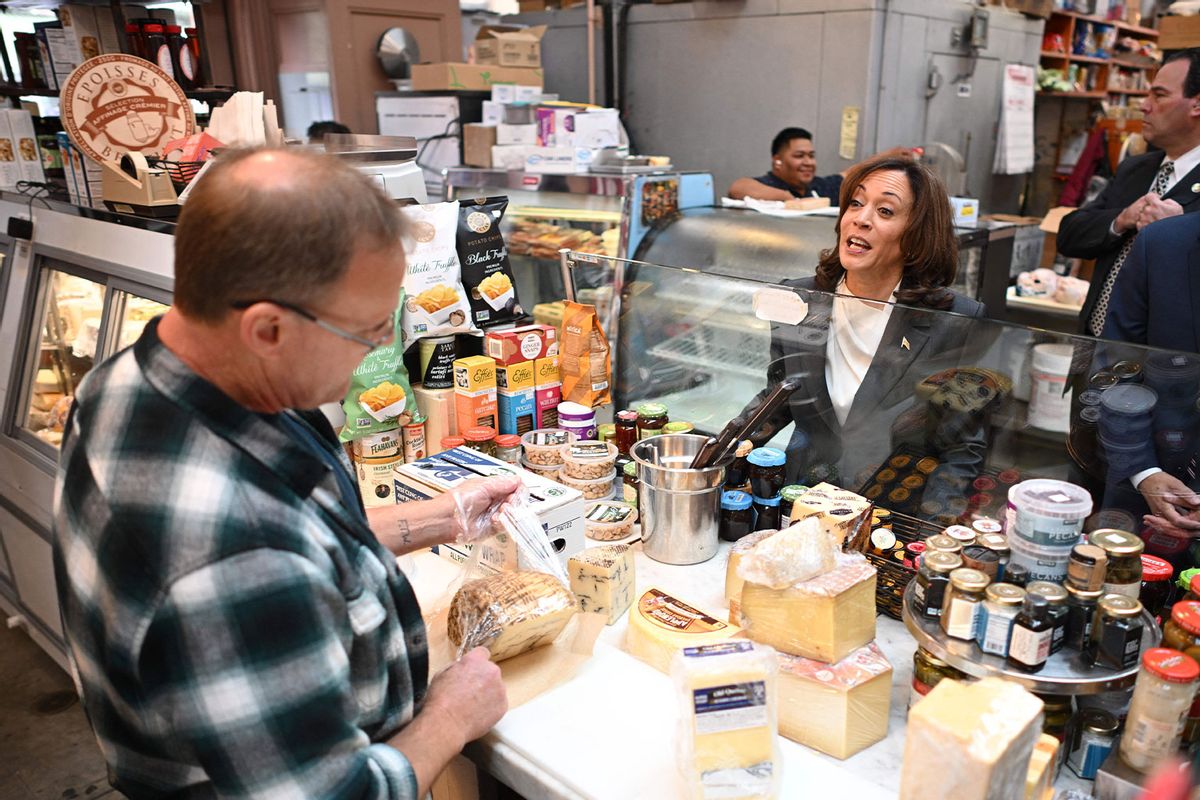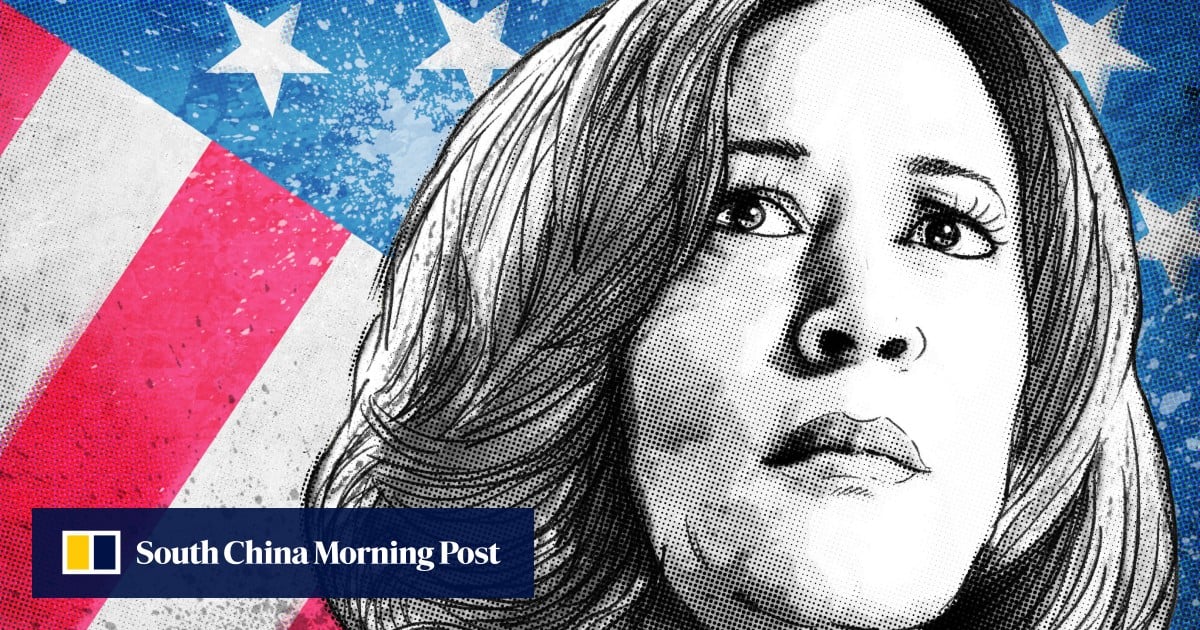43
Sheikh Hasina is a polarizing figure in Bangladesh’s political landscape, with supporters hailing her as a champion of democracy and opponents accusing her of authoritarian tendencies.
On the one hand, Sheikh Hasina has been credited with bringing stability and economic growth to Bangladesh during her long tenure as prime minister. She has overseen several important reforms, such as improvements to the country’s education and healthcare systems, and has made significant investments in infrastructure development. Her government has also taken steps to improve human rights, including addressing issues such as child marriage and violence against women.
On the other hand, Sheikh Hasina’s critics have accused her of suppressing political opposition and limiting free speech. Her government has been accused of using force against protesters and opposition parties, and of restricting media freedom. There have been allegations of electoral fraud, and the government has been accused of using its power to harass and imprison political opponents.
It is difficult to definitively label Sheikh Hasina as either a defender or attacker of democracy, as there are valid arguments to be made on both sides. It is important to recognize that her government’s actions have been both praised and criticized and that there are differing opinions on her legacy and contributions to Bangladesh’s political and social development.
Sheikh Hasina is a polarizing figure in Bangladesh’s political landscape, with supporters hailing her as a champion of democracy and opponents accusing her of authoritarian tendencies.
On the one hand, Sheikh Hasina has been credited with bringing stability and economic growth to Bangladesh during her long tenure as prime minister. She has overseen several important reforms, such as improvements to the country’s education and healthcare systems, and has made significant investments in infrastructure development. Her government has also taken steps to improve human rights, including addressing issues such as child marriage and violence against women.
On the other hand, Sheikh Hasina’s critics have accused her of suppressing political opposition and limiting free speech. Her government has been accused of using force against protesters and opposition parties, and of restricting media freedom. There have been allegations of electoral fraud, and the government has been accused of using its power to harass and imprison political opponents.
Overall, it is difficult to definitively label Sheikh Hasina as either a defender or attacker of democracy, as there are valid arguments to be made on both sides. It is important to recognize that her government’s actions have been both praised and criticized and that there are differing opinions on her legacy and contributions to Bangladesh’s political and social development.
Bangladesh is a democratic country with a parliamentary form of government. The President is the head of state, while the Prime Minister is the head of government. Bangladesh’s Constitution guarantees the basic rights of citizens, including freedom of speech, religion, and assembly.
However, Bangladesh’s democracy has faced challenges and criticism over the years. There have been allegations of electoral fraud and irregularities, and political violence and corruption have been issues of concern. The country has also seen restrictions on press freedom, with journalists facing harassment and intimidation.
Additionally, there have been concerns about the independence of the judiciary and the role of the military in politics. Despite these challenges, Bangladesh has made progress in some areas, such as improvements to the electoral process and increased participation of women in politics.
While Bangladesh is considered a democracy, there are still areas where the country could improve to strengthen its democratic institutions and processes.
Is Bangladesh a parliamentary democracy?
Bangladesh is a parliamentary democracy. The President is the head of state, while the Prime Minister is the head of government. The Parliament of Bangladesh, called the Jatiya Sangsad, is a unicameral legislature and is responsible for making laws and overseeing the government’s activities.
The members of Parliament are elected by the people of Bangladesh through a direct and secret ballot system, and they serve a term of five years. The Prime Minister is appointed by the President and is usually the leader of the majority party or coalition in the Parliament.
The Parliament plays a crucial role in Bangladesh’s democratic system by ensuring that the government is accountable to the people and representing the interests of different communities and regions of the country.
What type of government is Bangladesh under?
Bangladesh is a parliamentary democracy with a multi-party system. The President is the head of state, while the Prime Minister is the head of government. The Parliament of Bangladesh, called the Jatiya Sangsad, is a unicameral legislature and is responsible for making laws and overseeing the government’s activities.
The members of Parliament are elected by the people of Bangladesh through a direct and secret ballot system, and they serve a term of five years. The Prime Minister is appointed by the President and is usually the leader of the majority party or coalition in the Parliament. In summary, the type of government in Bangladesh is a parliamentary democratic republic.
Bangladesh’s Declining Democracy
Bangladesh is a country that has experienced significant political turmoil and instability since its independence in 1971. Despite a brief period of democratic rule in the early 1990s, the country’s political landscape has been dominated by a few powerful individuals and political parties.
In recent years, Bangladesh’s democracy has been in decline, with the ruling party, the Awami League, consolidating its power and limiting political opposition. The government has been accused of human rights violations, including extrajudicial killings, enforced disappearances, and restrictions on freedom of speech and the press.
The 2018 elections were marred by allegations of voter intimidation, vote rigging, and violence. The opposition Bangladesh Nationalist Party (BNP) boycotted the polls, citing concerns about fairness and transparency.
In addition to these challenges, Bangladesh has also faced a growing Islamist extremist threat. The government has responded with heavy-handed tactics, including the use of military courts to try suspected militants.
Bangladesh’s declining democracy is a cause for concern, and the country needs to take steps to strengthen its democratic institutions and ensure free and fair elections. This includes protecting freedom of expression and the press, promoting political pluralism, and holding those responsible for human rights abuses accountable.
Bangladesh is a parliamentary democracy with a multi-party system. The President of Bangladesh is the head of state, and the Prime Minister is the head of government.
The Parliament of Bangladesh is a unicameral legislature known as the Jatiya Sangsad, consisting of 350 members elected for a term of five years. Of the 350 seats, 300 are elected through direct elections in single-member constituencies, and 50 are reserved for women, who are elected by the elected members.
The political parties that have dominated Bangladesh’s political landscape since independence are the Awami League and the Bangladesh Nationalist Party (BNP). These two parties have alternated in power for much of the country’s history, with the Awami League currently in power.
Bangladesh has a decentralized political system, with local government institutions playing a significant role in governance. The country is divided into six administrative divisions, which are further subdivided into 64 districts.
While Bangladesh’s political system is based on democratic principles, the country faces challenges related to political violence, corruption, and weak institutions. There are concerns about the country’s ability to hold free and fair elections and ensure accountability and transparency in governance.





















Discussion about this post